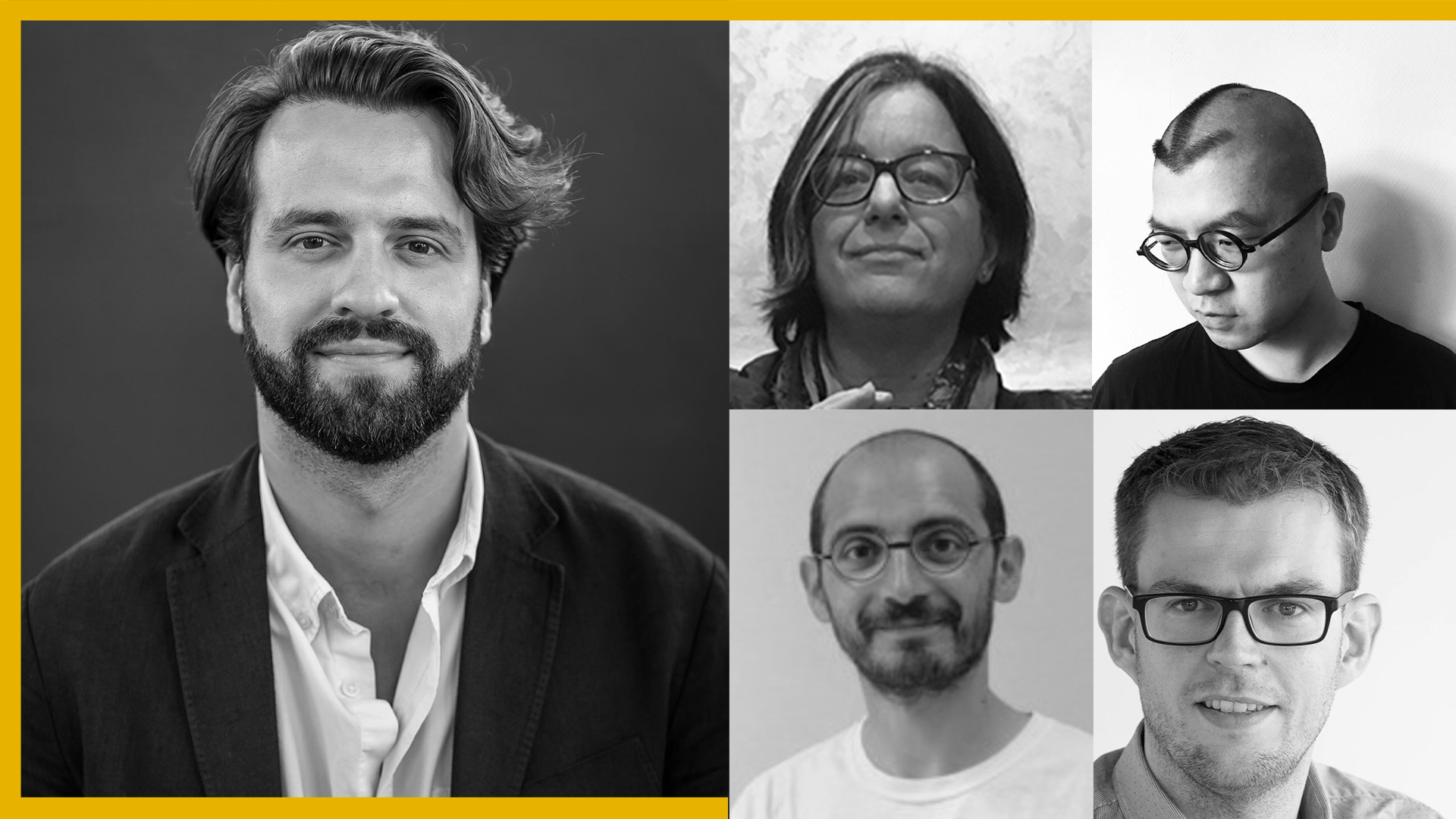
SOMBRA – An Ode to the Sun – Non-electric dynamic sun shading?
SOMBRA – An Ode to the Sun – Non-electric dynamic sun shading – Presentation by Metadecor, Airshade Technologies, MVRDV, ARUP and AMOLF Institute – Inspired by the sun and new technology, the design of SOMBRA incorporates a new concept for non-electric dynamic sun shading, using soft robotics technology and a lot of common sense.
SPEAKERS
Caroline Kruit – Metadecor
Caroline works as International Business Developer for Metadecor, a full-service façade company that co-designs, engineers, manufactures and constructs unique architectural facades and ceilings. She teaches ‘Research Methodology & Academic Writing’ at the Academy of Architecture in Arnhem and lectures about sustainable architecture and façade engineering at international events.
Caroline studied structural engineering at Delft University of Technology (faculty of Civil Engineering) and Journalism (HvU, Utrecht). For over twenty years Caroline has been writing (researching, talking and teaching) about architecture, building technology, sustainability and circular design. In 2023, Caroline collaborated on the Masdar City Airshade Prototype in Abu Dhabi.
Nikola Znaor – Airshade Technologies
Nikola is the founder of Airshade Technologies, an R&D effort spanning over 10 years that has led to the patenting of the world’s first passive shading system actuator. This groundbreaking technology harnesses air expansion under the heat of the sun to move façade elements without the need for electronics. Airshade is currently being co-developed with ARUP, MVRDV, Metadecor, and the AMOLF Institute for a project set to be exhibited at the Venice Architecture Biennale.
Nikola studied architecture at the Academy of Fine Arts in Vienna. He is a practicing licensed architect with offices registered in Amsterdam and Zagreb. His work has been exhibited worldwide and has received numerous prestigious awards, including the Holcim Awards and the James Dyson Award. Most recently, the Airshade Masdar City Prototype was recognized as “Innovation of the Year” by the Society of Façade Engineering (SFE) in London.
Yayun Liu – MVRDV
Yayun is an architectural and computational designer. Since joining MVRDV in 2017, the array of projects to which he has contributed span large-scale masterplans such as Tencent Campus to individual buildings such as the Taipei Twin Towers and the Paris Olympic Aquatic Centre. His work also extends to award-winning product design, including High Profile, as well as short films such as ArtCity and Matrix One Building Circularity.
Beyond practice, Yayun actively engages in research, notably SolarScape (MVRDV NEXT), and academic activities such as the design studio From Now to Biotopia (The Why Factory, TU Delft). Prior to MVRDV, Yayun studied at Tsinghua University (CN) and TU Delft (NL), and worked as an architect in Beijing and Hong Kong, contributing to projects including the renowned Liyuan Library.
Martin Eslo – Metadecor
After finishing his master Architecture at the TU Delft, Martin worked as an urban architect and planner on project of different scales all over the Netherlands. After a while, he became more and more interested in the technical side of designing. To gain more knowledge on that, Martin studied Mechanical Engineering at TU Eindhoven.
Following a technical design position at a production facility, Martin went on to combine architectural and technical design as design leader at Metadecor. At Metadecor he works on façade projects in the Netherlands and far abroad. As part of the team that realized SOMBRA, he was responsible for the project management and technical design.
Sergio Picella – AMOLF Institute
Sergio Picella is a PhD student at the Soft Robotic Matter Group at AMOLF in Amsterdam and the Dynamics and Control Group at TU Eindhoven. After completing his BSc in Physics in Italy, he moved to Utrecht University to pursue an MSc in Experimental Physics, focusing on Complex Systems.
His current research centers on developing design rules for autonomous soft robots by exploring solutions in control, energy management, and actuation in an electronics-free paradigm. Through his work, Sergio proposes that merging principles from soft robotics with traditional engineering can morph everyday systems into dynamic entities capable of energy autonomy and pre-programmed responses. This vision also extends to the built environment, where integrating soft robotic solutions into facade design could yield building envelopes that adapt to changing conditions.